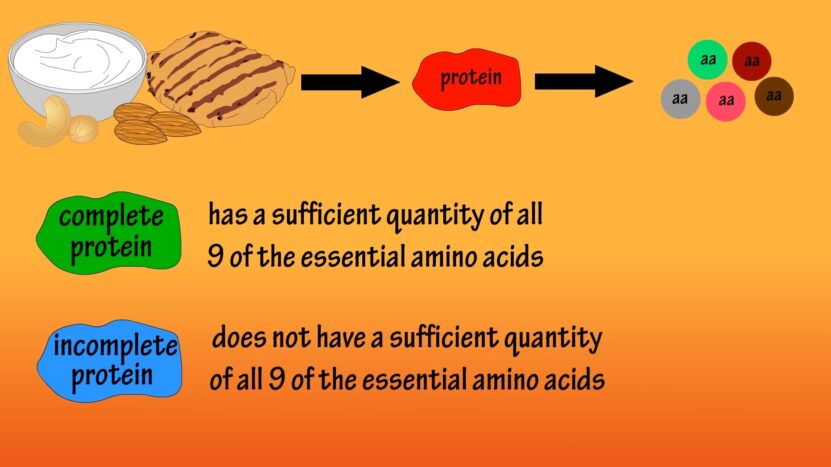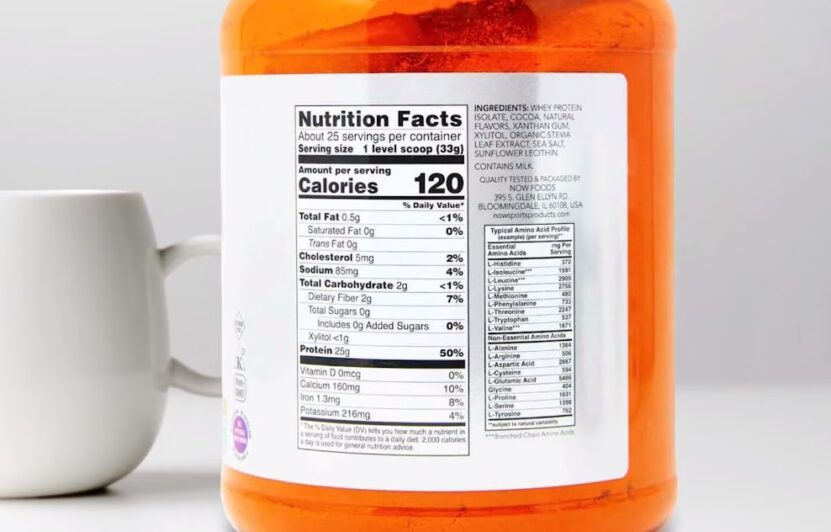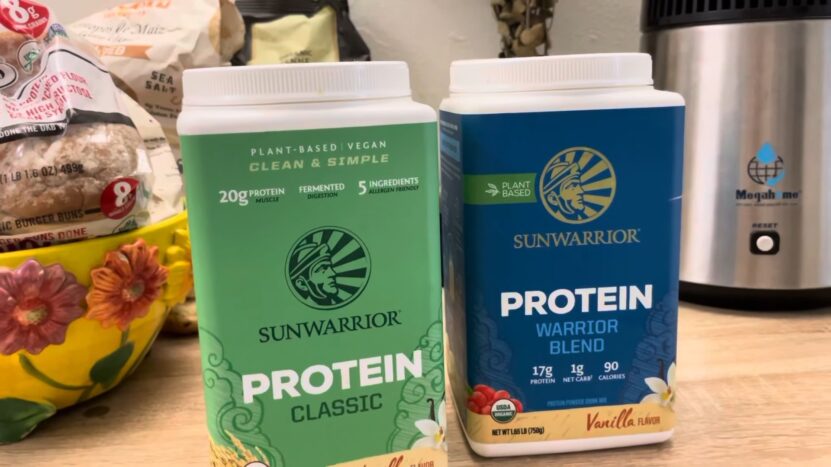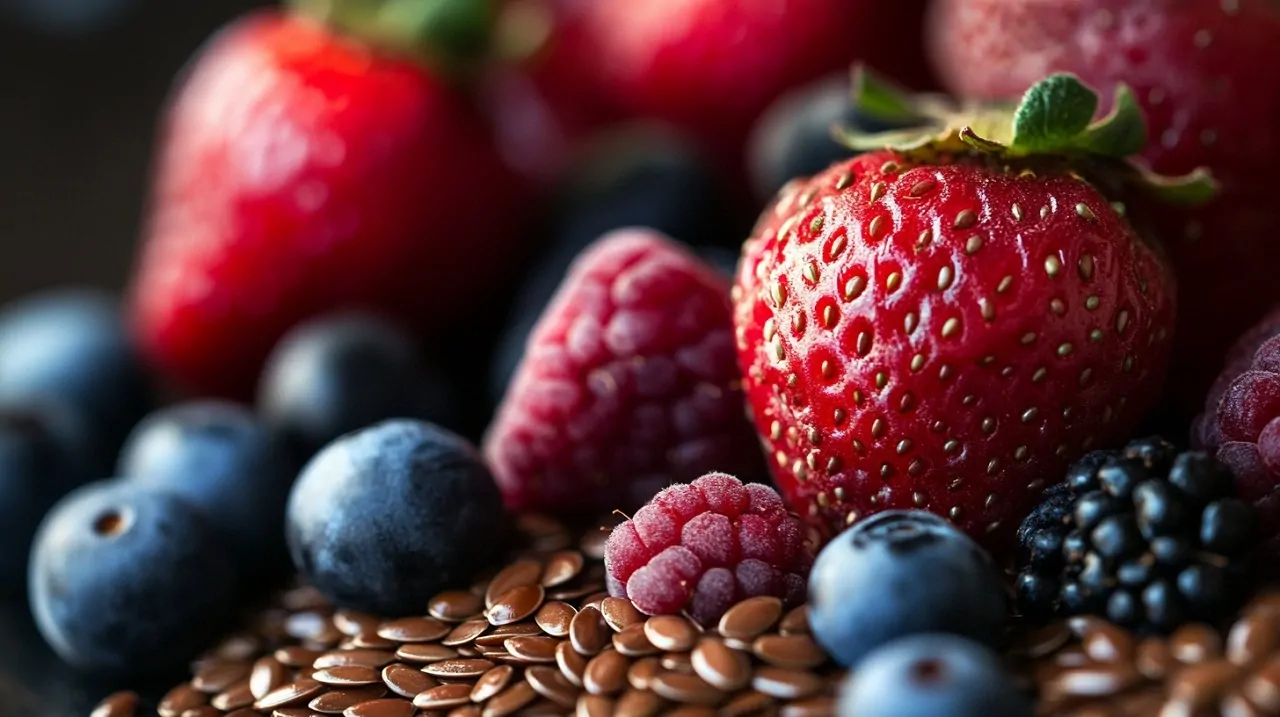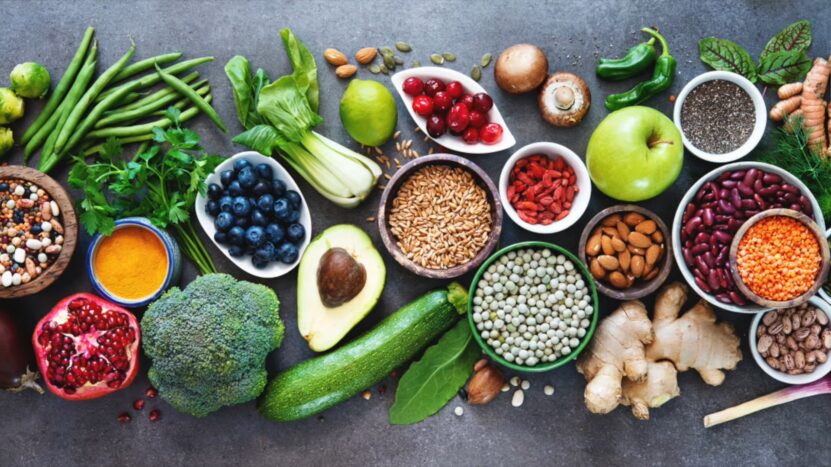
Share Post:
Assessing the suitability of raw vegan protein powders for your diet necessitates an understanding of your nutritional needs and how these supplements fit into a healthy lifestyle. Protein is an essential macronutrient, vital for muscle repair, immune function, and the production of enzymes and hormones.
While animal-based proteins are common, plant-based alternatives provide comparable benefits without animal products. Raw vegan protein powders offer a concentrated source of protein derived from plants, which can be particularly beneficial for vegans or those with dietary restrictions.
Key Takeaways
- Raw vegan protein powders are a vital source of plant-based protein, suitable for muscle repair and overall health.
- These powders offer a rich profile of amino acids and other essential nutrients, beneficial for those following a vegan diet.
- When choosing a raw vegan protein powder, it’s important to select products with high-quality, organic, and non-GMO ingredients.
- Combining various plant-based proteins in powders ensures a complete amino acid profile, essential for a balanced vegan diet.
- Raw vegan protein powders provide a convenient way to meet protein requirements, especially for those with specific dietary restrictions.
Protein and Its Forms
When you consider protein, it’s important to recognize that not all proteins are created equal. There are two primary forms of proteins—complete and incomplete. Complete proteins contain all nine essential amino acids that your body cannot produce on its own. Animal-based proteins typically fall into this category. However, certain plant-based proteins, such as those found in quinoa and soy, are also complete.
In contrast, incomplete proteins lack one or more of these essential amino acids. To achieve a complete amino acid profile with plant-based diets, you should consume a variety of protein sources. For instance, combining beans with rice can provide a full range of amino acids.
Complete Proteins:
- Animal products: Meat, dairy, and eggs.
- Plant-based: Quinoa, soy, chia seeds.
Incomplete Proteins:
- Grains: Wheat, rice.
- Legumes: Beans, lentils.
- Nuts and seeds (excluding chia and hemp).
Protein also comes in various forms when it comes to supplements, the most popular of which is protein powder. Vegan protein powders are typically derived from plants and can be either single-ingredient, such as pea protein, or a blend to ensure a complete amino acid profile.
The convenience of protein powders provides an accessible means to increase your protein intake, particularly beneficial for those on a raw vegan diet where standard cooking methods are not used.
Benefits of Raw Vegan Protein Powder
Raw vegan protein powders offer concentrated nutrients and enzymes beneficial to your health without animal products. These powders can serve as a convenient supplement to a balanced diet, especially for those following a plant-based lifestyle.
Nutrient-Rich Profile
Raw vegan protein powders are typically made from plants like peas, hemp, and brown rice, providing a comprehensive array of amino acids. For example, hemp seeds are a complete protein source, meaning they contain all nine essential amino acids that your body cannot produce on its own.
This is important for muscle repair and immune function. Additionally, these powders often include other vital nutrients such as fiber, vitamins, and minerals, supporting overall health.
Enzyme Preservation
Enzymes play a critical role in your body’s metabolic processes, including digestion and nutrient absorption. Raw vegan protein powders are often produced at low temperatures to preserve these natural enzymes, thereby aiding in digestion and maintaining optimal bodily functions. The cold-processing method ensures that the nutritional integrity of the powder is upheld.
Dietary Restrictions Compatibility
Whether you have allergies, intolerances, or ethical dietary preferences, raw vegan protein powders can be a fitting addition to your regime. They are generally free from dairy, gluten, and soy, making them a safe choice for individuals with specific dietary restrictions.
This compatibility with various dietary needs allows a wider range of individuals to incorporate them into their nutrition plan.
How to Choose a Raw Vegan Protein Powder
When selecting a raw vegan protein powder, focus on the purity of ingredients, the variety of protein sources, and sensory factors like taste and how well the product blends.
Quality of Ingredients
Look for protein powders with organic, non-GMO ingredients to ensure you’re getting the cleanest product possible. Avoid additives, artificial colors, and sweeteners. The inclusion of enzymes and probiotics can aid digestion, which is especially important for plant-based proteins.
Protein Source Diversity
Choose a powder that incorporates a mix of protein sources such as hemp, pea, brown rice, or pumpkin seed to ensure a complete amino acid profile. Diverse sources can provide a balance of nutrients and reduce the likelihood of developing sensitivities commonly associated with single-source proteins.
Taste and Mixability
Taste is subjective, but a good powder should have a pleasant flavor without overpowering sweetness. It should mix easily with your chosen liquid, leaving minimal clumpiness or residue. Some powders may also include flavor enhancers such as cocoa or vanilla, which should come from natural sources.
Incorporating into Your Diet
When adapting to a raw vegan lifestyle, ensuring you meet your protein needs is essential. Let’s explore practical ways to incorporate raw vegan protein powders into your dietary routine effectively.
Daily Intake Recommendations
Your daily protein intake largely depends on your body weight and activity level. As a general guideline, aiming for about 0.8 grams of protein per kilogram of body weight is a good starting point. For raw vegans, supplementing with a high-quality raw vegan protein powder can help meet these needs, especially if whole food sources are insufficient.
Recipe Ideas
Incorporating raw vegan protein doesn’t have to be monotonous. Add a scoop of raw vegan protein powder to your morning smoothie for a quick protein boost. Alternatively, creating raw protein bars with nuts, seeds, and protein powder can be a delicious and convenient snack option. Consider sprinkling protein powder over your salads or integrating it into homemade dressings for an extra protein kick.
Meal Planning Tips
Planning is crucial in a raw vegan diet to ensure balanced nutrition. Organize your meals in advance to include a variety of protein sources, such as hemp seeds, chia seeds, and almonds. These can complement protein powders and help you achieve a complete amino acid profile. Map out your meals and snacks for the week, and consider prepping components ahead of time for efficiency and ease.
Potential Concerns
When considering a raw vegan protein powder, it’s important to evaluate several specific concerns that could impact your health and nutrition goals.
Digestibility and Absorption
Raw vegan protein powders often come from sources like peas, brown rice, or hemp. Your body may not digest plant-based proteins as easily as animal-based proteins. This could affect how efficiently you’re absorbing the amino acids necessary for muscle repair and growth.
Contaminant Risk
Some raw vegan protein powders have been found to contain traces of toxic chemicals, including heavy metals like lead, arsenic, and cadmium. Consistent exposure to these contaminants could pose long-term health risks.
Complete Protein Debate
A “complete protein” contains all nine essential amino acids that your body can’t make on its own. Most plant proteins, except for a few like quinoa and soy, are incomplete. You may need to combine different raw vegan protein powders or complement them with other protein sources to ensure you’re getting a complete protein profile.
Frequently Asked Questions
What are the health benefits of incorporating raw vegan protein powders into your diet?
Incorporating raw vegan protein powders into your diet can provide you with an additional plant-based protein source, which is especially beneficial if you lead an active lifestyle or require more protein.
Are there any risks associated with consuming raw protein powder regularly?
Consuming raw protein powder regularly should be done with consideration to overall balance in your diet, as excessive intake of any single type of food or supplement could potentially lead to nutrient imbalances.
Which ingredients should be avoided when selecting a vegan protein powder?
When selecting a vegan protein powder, you should avoid ingredients such as artificial additives, fillers, sweeteners, and allergens if you are sensitive to them, to ensure that the product aligns with your health and dietary values.
Can raw vegan protein powder serve as a complete protein source for muscle building?
Yes, some raw vegan protein powders include blends of different plant proteins, like pea and rice, which together can provide a complete amino acid profile necessary for muscle building.
How does raw vegan protein powder compare to whey protein in terms of nutritional value?
Raw vegan protein powder and whey protein differ in their nutritional profiles. Raw vegan protein is plant-based and may provide additional fiber and other plant nutrients, whereas whey protein, sourced from dairy, is rich in particular amino acids like leucine which is favorable for muscle synthesis.
What is the recommended daily intake of raw vegan protein powder for an average adult?
The recommended daily intake of protein, including from raw vegan protein powder, varies based on factors like age, sex, activity level, and overall health, but generally, adults should aim for 0.8 grams of protein per kilogram of body weight per day, as part of a well-rounded diet.
Conclusion
Raw vegan protein powders emerge as a compelling solution for those seeking plant-based nutrition, particularly for individuals embracing a vegan lifestyle or managing dietary restrictions.
These supplements offer a rich blend of essential amino acids, vital for muscle repair, immune function, and overall well-being, while also aligning with ethical and health-conscious choices. By carefully selecting high-quality, diverse protein sources, individuals can enjoy the full benefits of these powders, ensuring a balanced and nutrient-rich diet.
Related Posts:


